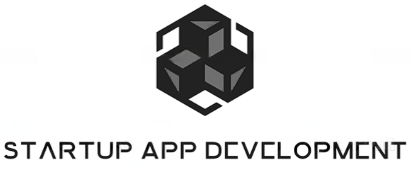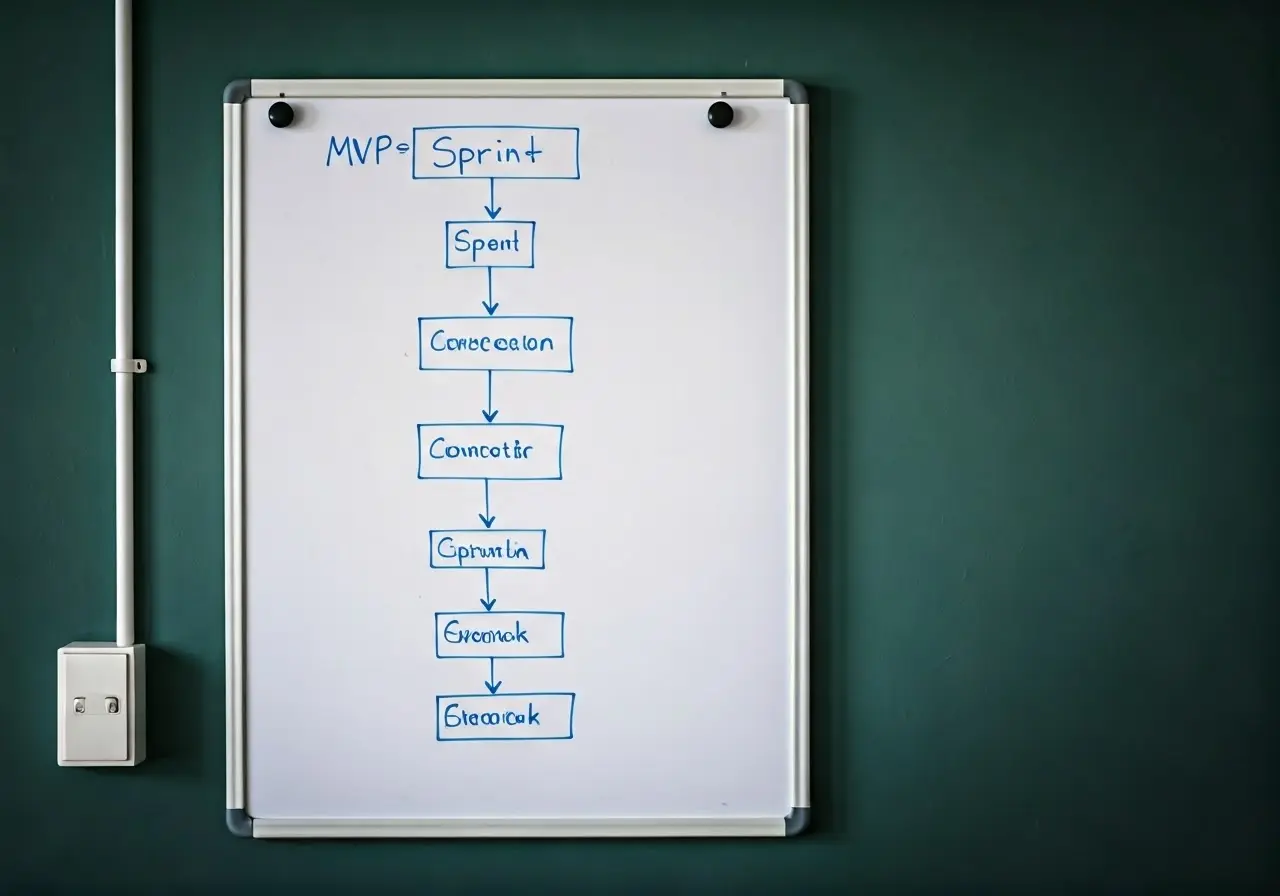In the fast-paced world of startups, speed and efficiency can make all the difference. One approach that many startups adopt to stay ahead is the MVP Sprint. But what exactly is an MVP Sprint and why is it so popular among startups?
What is an MVP Sprint?
An MVP Sprint is a time-boxed process aimed at developing a Minimum Viable Product quickly. It focuses on creating a product with just enough features to satisfy early adopters and provide feedback for future development.
The principle of an MVP Sprint aligns closely with agile methodologies, emphasizing adaptability and early customer feedback. This approach is grounded in the idea of rapid prototyping and frequent iteration, which allows startups to validate their assumptions and refine their solutions swiftly. By prioritizing user-centric development, MVP Sprints help prevent over-investment in features that do not resonate with users, thus streamlining the path to market viability.
For a practical example, consider the evolution of Spotify. The service began with a basic product that allowed users to stream music instantly—far from the comprehensive offering we see today. Through iterative testing and feedback, it grew into a much-loved platform. This illustrates how MVP Sprints can turn a simple concept into an industry game-changer by focusing on core functionality and user needs.
The Benefits of Using MVP Sprints
MVP Sprints help startups validate ideas swiftly and cost-effectively. They ensure that the product aligns with customer needs before investing significant resources, reducing the risk of failure.
Another crucial benefit of MVP sprints is the reduction of time to market. Startups leveraging agile practices can deliver initial product versions faster, allowing them to enter the market early and establish a foothold. This first-mover advantage can be especially important in highly competitive markets where being early can lead to increased market share and brand recognition.
Additionally, MVP Sprints encourage a fail-fast mentality, where potential missteps are identified early in the development cycle. By iterating on user feedback, startups can adjust their strategies in real-time, fostering a culture of continual improvement and innovation. This approach not only minimizes costs associated with long development cycles but also enhances the potential for creating a product that users love.
How MVP Sprints Accelerate Product Development
By focusing on essential features, MVP Sprints speed up development cycles. This rapid iteration allows teams to gather insights and make informed decisions about future enhancements.
The essence of a MVP Sprint is learning through doing. By launching a product early, startups can test market assumptions against real-world data. This data-driven approach reduces uncertainty and directs subsequent development efforts toward paths that offer the highest probability of success. It starkly contrasts with traditional methodologies that might involve lengthy planning phases and less frequent testing.
Moreover, MVP Sprints facilitate team alignment and focus. By rallying around a clear, customer-validated goal, development teams can avoid the distractions of extraneous features. This keeps everyone on the same page, using resources efficiently to meet business objectives in alignment with customer expectations.
MVP Sprint Best Practices for Startups
Startups should set clear objectives, engage with target users, and remain flexible during the sprint. Continual feedback and iterations ensure that the final product meets market demands.
It’s vital that teams differentiate between necessary core functions and ‘nice to have’ features. Prioritizing core functionalities ensures that the MVP remains lean and objective-focused, providing the most value with the least complexity.
Engaging in regular retrospectives is another best practice that maximizes learning opportunities within MVP sprints. By looking back at what worked well and what didn’t, teams can continuously refine their approach, ensuring that each subsequent sprint is more efficient and effective than the last. For extensive solutions that tailor these practices to your needs, consider checking services offered by Startup App Development.
Harness the Power of MVP Sprints
In conclusion, MVP Sprints offer startups an effective methodology to rapidly build, test, and refine their product ideas. By minimizing risks and maximizing learning, they enable companies to develop solutions that truly meet customer needs. Embracing this agile approach can be the key to a startup’s success in a competitive market.


